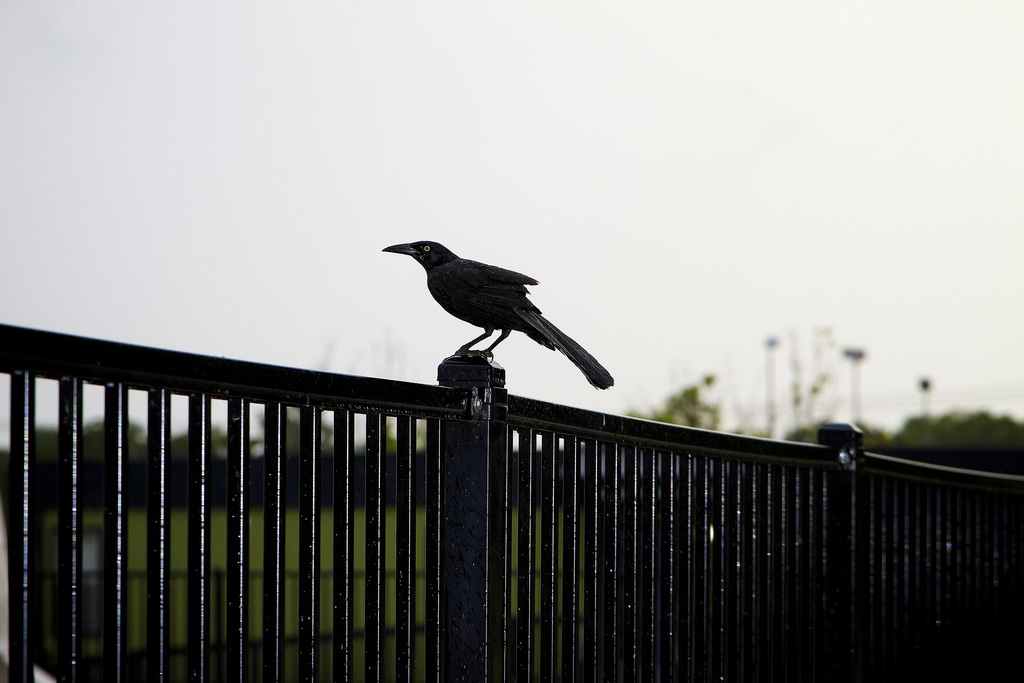Muse: to reflect, contemplate, to
meditate in silence on some subject.
Healing is the capacity to hold pain.
~Mate
It seems we are always searching for ways to “get over” our pain. We try to numb it, deny it, avoid it. The more we try to distract ourselves from our feelings of pain and loss the larger it seems to become. We must think of bigger and better ways to outrun our painful feelings.
But when we learn to listen to the truth of what we are feeling and allow it to express itself through us we get to stop running.
When we learn to turn around and face our pain, learn to gently hold it as it moves through us, it always opens our hearts to something greater.
May we all allow our hearts to heal.
– Daria
Please feel free to share this “museletter” with others that you think may benefit from it.
I have heard loss described as something that comes into our lives and knocks us flat. For me, this conjures up images of the old Roadrunner cartoons when Wiley Coyote would be flattened into the pavement. Loss does that. It flattens us onto the roadway of life. We lie there bumped and bruised and somewhat disoriented. The weight of our grief holds us in place as we try to adjust to this new way of being. As we try to maneuver the heaviness of our grief, we slowly begin to build enough strength to lift ourselves off the road. As we begin to slowly rise our legs are wobbly and we feel weak as we try to learn to balance this unfamiliar load that we are carrying. For a long while, we walk stooped over not only from the weight of this added burden but also as a way to protect our hearts that have been broken. We soon learn that this pain never really goes away we just get stronger from carrying it. Grief has a way of weaving its way into our lives until it becomes a familiar part of us.
One of the definitions of the word familiar means to become “known from long association.” It is a long and painful process getting to “know” our grief. Grief is one of those things in life that comes along uninvited. We don’t want to get familiar with our grief we want it to go away so we can have our old lives back. But no matter how much we protest or we resist or rage against this new reality grief is here to stay. It follows us everywhere and doesn’t seem to give us a moment’s peace.
In the early days of grief, its presence makes it difficult to move, to think, to function. It seems to consume our being. Every morning when we awake (if we have been able to sleep at all) the sharp ache jolts us into this new reality. This is our life now—the ache, the heaviness, the sadness, the longing for what was. This can be frightening because we realize that these feelings, in one form or another, are going to be a part of lives for the rest of our lives.
As time sluggishly goes by we begin to wonder what the meaning of all of this is. We start to question why this has happened, who we are now that we have experienced this loss, how this experience is changing how we will live our lives. The questioning lessens some of the doggedness of our grief. It still remains with us but it gives us a little room so we can take a breath. It is only a moment’s reprieve because we know the reprieve won’t last given that somewhere in the background we can feel the next wave of grief coming that will pull us under.
Grief is persistent. The size of her waves are always changing and over time she teaches us how to become more adept at riding these waves. There will still be days when the waves pull us under. Days such as birthdays, death anniversaries, holidays, and sometimes just because. Sooner or later we learn to stop fighting the waves and let ourselves go with her flow as she shapes us from the inside out into a new way of being. We know each time we emerge from grief’s deep waters we will emerge in a different place. We will also emerge in a different place within ourselves. A place where we are a little softer, a little wiser, and with our hearts a little more open.
Grief becomes familiar because of our repeated exposure to her over time. When we get to “know” our grief we get to know more about ourselves. This doesn’t mean that grieving necessarily gets easier or more comfortable. It just means it becomes familiar.
The Written Word
There are many ways to express our grief and putting our thoughts, feelings, and ideas on paper can be a very healing process. The suggested prompts here can be done one time or multiple times. I’ve learned it helps to set a timer for 10-15 minutes and keep your pen moving for the entire time. I encourage using pen and paper rather than a keyboard as there is a hand/heart connection when writing longhand. Don’t worry about spelling, punctuation, or grammar, just write. When the timer goes off you stop writing even if you are in mid-sentence. Don’t reread your work at this time. Just set it aside for a couple of weeks and then go back and see what your words may have to say to you.
(If you choose to use a keyboard the same instructions apply).
Try this writing prompt:
Describe how your grief has become familiar.

Resources
I will list some books, articles, poems, movies, or other resources that I as well as others have found helpful on this grief journey. I hope these resources may deepen your understanding of grief, maybe bring you some sense of comfort, and help you to feel less alone in your grief.

